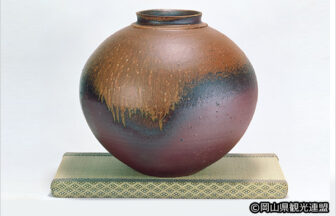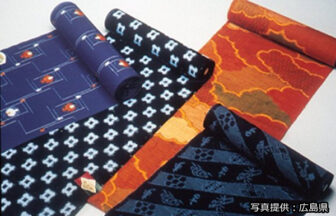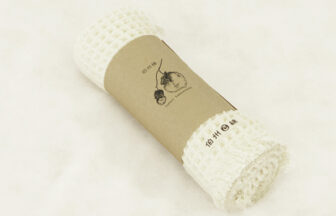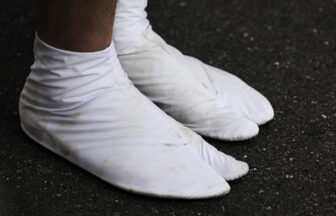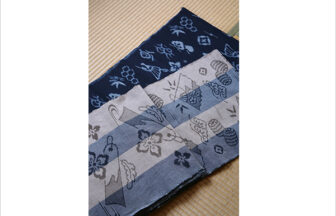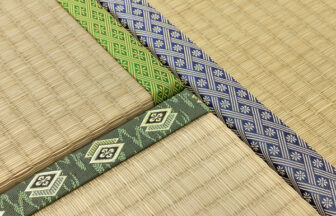Production Area
Kojima, Kurashiki City / Ibara City / etc., Okayama Prefecture
Historical Details and Geographic Characteristics
After the cultivation of salt-resistant cotton during the Edo period, textiles industries using cotton flourished in the reclaimed land in the Kojima area of Kurashiki city, which then led to the development of sanada himo cords and a cotton fabric known as kokura-ori. Based on these textile industries, the production of tabi (traditional Japanese split-toe socks) and school uniforms emerged during the Meiji and Taisho periods, which led to the formation of the denim and jeans industries in the 1960s.
The Kojima area of Kurashiki City is said to be the “birthplace of domestic jeans,” because Kotaro Ozaki, the founder of Big John, imported denim and other materials from the United States, and eventually in 1965, he became the first person to manufacture and sell jeans made in Japan. Japan was in the midst of its rapid economic growth, and a jeans boom followed. Amid this trend, an increasing number of companies began producing jeans, and the production of denim, the key material for jeans, increased accordingly. In Ibara City, which had been producing denim-like fabric, fabric makers transitioned to denim, and the city developed into a production center for jean fabric, becoming known as the “sacred land of denim.”
Main Retailer/Exhibition Facility
Betty Smith Jeans Museum & Village
| Address | 5-2-70 Kojimashimonocho, Kurashiki City, Okayama Prefecture |
|---|---|
| Phone | 086-473-4460 |
| Hours of Operation | 10:00 a.m. – 5:00 p.m. |
| Closed | Year-end/New Year holidays |
| Admission Fee | Free |
| URL | https://betty.co.jp/village/ |
| Social Media | https://www.facebook.com/bettysmith.jeansmuseum/ |







